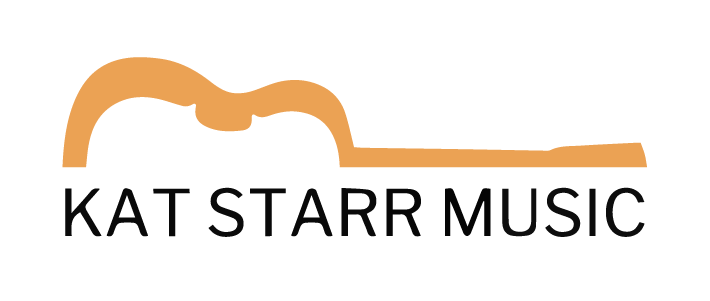So I get this sometimes: “You’re a good teacher, but you’re too nice to me.” Wha? Is that really a thing? I am nice. I’m nice because I enjoy helping people and I just happen to do it through music. I’m nice because I enjoy the process of both teaching and learning. It’s a complicated puzzle to figure out where someone is in their knowledge and ability and how to get them where they want to go. It requires learning about the person I’m working with and the aspirations that are closest to their hearts. It’s amazing and fun and oh so gratifying to do it well. So, yeah, I’m pretty nice when I’m immersed in teaching because I’m doing that which makes me come alive.
Over the years I’ve learned to decipher the subtext when someone tells me I’m “too nice,” and I understand. What they’re trying to say is, “I’m afraid that I’m not really good at this and you won’t be honest with me about my abilities. And if I’m actually no good at this, when I perform I’ll make a fool of myself. And if I make a fool of myself when I’m trying to do something really important to me in front of my peers, oh god.” There is fear at the heart of that statement.
I think in general there is also a misconception that in order to get the best out of people, a teacher might just have to be a real jerk. I bet there are people out there for whom that works. Actually, come to think of it, I know there are. I have parted ways with several young, usually male, students that really needed a more aggressive/assertive energy to focus and push them. I will absolutely crack down on students that repeatedly don’t put in the practice time. It’s not a fun conversation for either of us, but they’re worth it and my time is worth it. They either get it together or I ask them to call me when they’re ready to learn. In general, though, I don’t want to spend my teaching time pushing or punishing. I want to spend it leading.
The Kodaly Method is a beautiful form of teaching young children and I went to a workshop on it fresh out of college. The workshop leader said that every child comes to you already a musician. To teach them is to lead the music out of them. From my own experience, I learn best when I am relaxed and focused. When I’ve been spoken down to or berated by teachers, I clammed up and ‘got through’ the lesson without absorbing any of it.
One time, I was teaching a retired man who had just picked up the fiddle and was making immense progress very quickly. He had played an instrument previously and was gaining in leaps and bounds. He practiced at least two hours each day and every time he came to see me, he had improved. (Bring on all the students like that!) One day in lessons, though, he said I wasn’t being hard enough on him. As though lessons were to be some sort of punishment! I think some fear that if I’m being nice I’m not being honest, but that’s not the case. I had actually just finished telling him nicely his hand position was all wrong so he was going sharp.
From the many stories my older students have told me I gather that teachers used to approach students like this: “You’re playing badly therefore I’m angry. I’ll stop being angry when you play better.” There’s no room for curiosity in that situation. Did you misunderstand? How can I explain it differently? Does the posture I suggested hurt?
When I was going to school at Tennessee Tech University back in 1999, I had the great fortune of learning from the conductor at the time, John Dodson. He was a great pedagogue. He said, “Be gently insistent” when teaching. I have always taken that to heart.
I insist on good tone, on good posture. I insist my students learn to read music. I insist on memorization and group class participation. I insist on effective practice. And I insist on being very honest about what needs improvement. But I do it all gently. So, I’ll stick with being a “nice” teacher. Frankly, we’ll all enjoy that a whole lot more!

